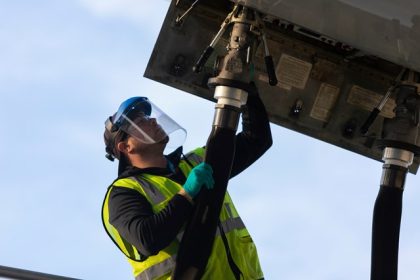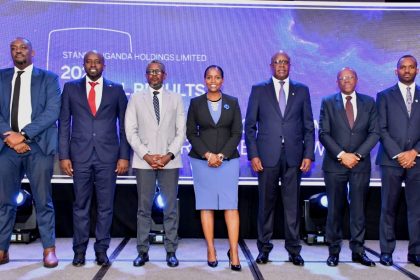Why CSBAG may have the silver bullet to Museveni’s problem
KAMPALA, MAY 17 – Once again, President Museveni is in a spot of bother and in typical fashion, he has began flip-flopping. After refusing to sign amendments to the Income Tax Act which would have exempted members of parliament from paying tax on their allowances to popular acclaim, Museveni during a meeting with NRM Mp’s over the weekend, shifted gears, promising to revisit the issue.
One can argue that in focusing on a privileged exemption for legislators both Museveni and the MP’s are skirting the real issue which revolves around the fairness of Uganda’s tax regime. The challenge the protagonists face in trying to exempt their income from statutory taxes is that it would be discriminatory and potentially opens the door to public interest litigation whose outcome could be disastrous for the economy.
That is why they may want to listen to Julius Mukunda, Coordinator of the Civil Society Budget Action Group CSBAG.
Addressing a press recently on the issue, Mukunda posited that the government needs to find alternative means of widening the country’s tax base in order to boost the dwindling tax revenues. And one way of achieving that would be to work out a more equitable tax regime which would encourage compliance and bring more tax payers into the loop.
According CSBAG, at 13 percent, Uganda’s tax to GDP ratio is way behind Burundi, a much smaller economy. The group further cites statistics from the African Development Bank which indicate that Uganda loses at least 2 percent of GDP to tax incentives amounting to Ushs 690 billion annually. Exempting the MPs who are some of the top earners can only raise this figure.
The CSOs who have put up an intensive campaign soliciting signatures from all over the country rejecting the amendment to the income tax bill after MPs passed it to exempt themselves from paying taxes on their allowances and emoluments argue that government should be more concerned about developing a fair and more equitable tax justice system that seeks to increase revenue for the country and addresses the needs of the poor.
Mukunda observed that it would be socially irreconcilable to tax the food allowances for medical workers and teachers in hard to reach while exempting MP’s income.
That is the contradiction the MP’s and the executive need to iron out by arriving at a uniform and less punitive tax rate on wages and allowances. That way, it would be possible to arrive at a more equitable rate that delivers the same revenue targets but distributes the burden more equitably.
Uganda might want to study the recent move by Tanzania to reduce the PAYE rate on wages from 11 to 9 percent.
The CSOs who have collected 4201098 signatures from over 80 districts to this cause say their campaign is part of their efforts to see how tax revenue in the country is generated, how it can be increased and how it is distributed, amidst all the tax holidays, exemptions, evasions and all tax leakages the country is experiencing and offer a lasting solution to these challenges and also ensure that the country does not lose out on the Ushs 41 billion in taxes from MPs emoluments and allowances.

 100+ Accelerator selects Ugandan startup Yo-Waste to pilot glass recycling at Nile Breweries
100+ Accelerator selects Ugandan startup Yo-Waste to pilot glass recycling at Nile Breweries
 Boeing’s record SAF purchase supports airlines decarbonisation efforts
Boeing’s record SAF purchase supports airlines decarbonisation efforts
 Uganda Airlines likely to miss Spirit A320neo delivery slots
Uganda Airlines likely to miss Spirit A320neo delivery slots
 Rolls-Royce Pearl 10X engine takes flight
Rolls-Royce Pearl 10X engine takes flight
 Unpacking results-based financing: balancing strengths with weaknesses
Unpacking results-based financing: balancing strengths with weaknesses
 Big fish in small pond Stanbic notches up $100m profit for 2023 topping previous figure by 15%
Big fish in small pond Stanbic notches up $100m profit for 2023 topping previous figure by 15%
